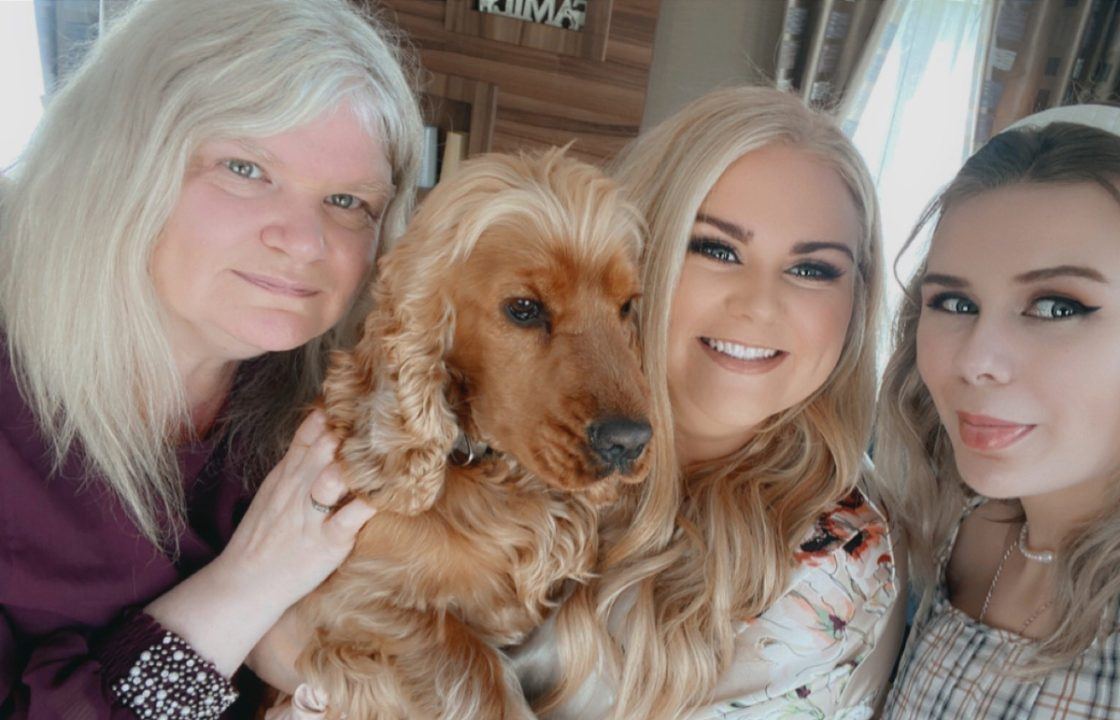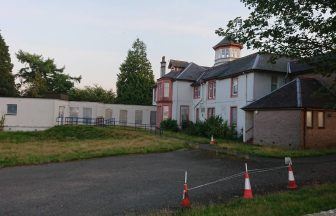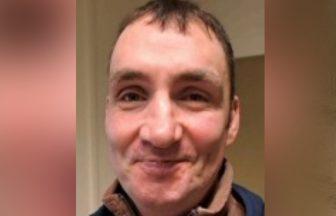The family of a Stirling care worker stabbed to death by a resident are pressing the justice secretary to re-introduce a female high-secure facility in Scotland.
They spoke exclusively to STV News because they feel “angry and let down” as the equivalent of the State Hospital at Carstairs does not exist for women, leading to lengthy delays and distress for them throughout the judicial process.
Michele Rutherford’s husband William and daughter Amy have raised the issue with MSPs and ministers but claim to have received an “entirely unsatisfactory response”.
Mrs Rutherford, 54, was killed by Kellyanne McNaughton on March 7, 2023, at Craighall Court in Stirling after failed attempts to get the 33-year-old psychiatric help.
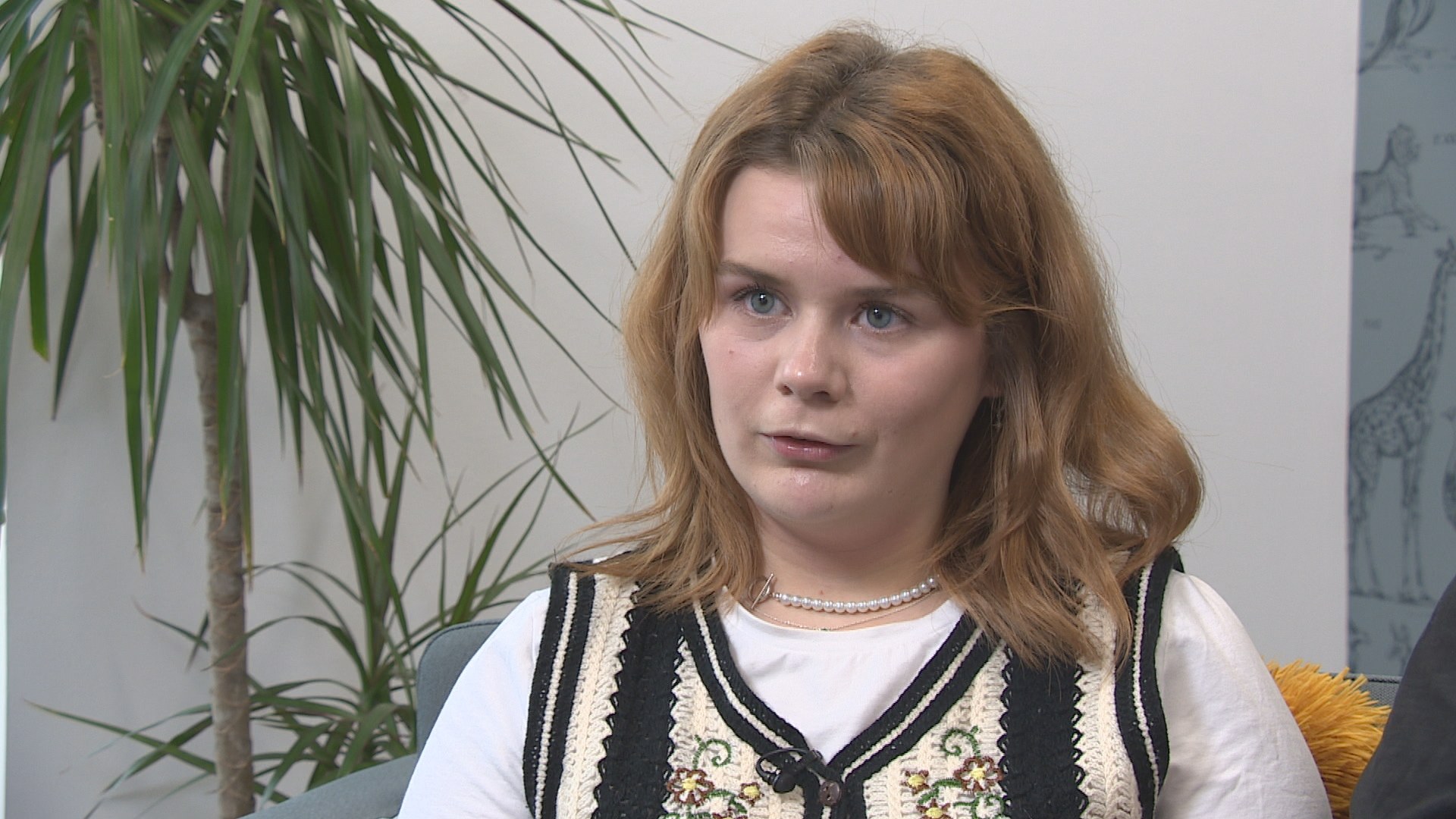 STV News
STV NewsSpeaking exclusively to STV News, Amy said: “We can’t be the first family this had happened to. She (McNaughton) can’t be the first woman in Scotland with mental health issues to commit such a crime.
“So why is there not somewhere in place (in Scotland)? It just seems like someone has missed the mark.
“My mum was just the best person. She loved her job and she was always going above and beyond for her work.”
The only “high risk” facility in Scotland is the State Hospital at Carstairs in South Lanarkshire, which caters only for men.
Mrs Rutherford’s family attended multiple court hearings over six months, where they learned there had been failed discussions about transferring McNaughton to two clinics, as well as the Rampton Secure Hospital in England.
It was then confirmed earlier this month that McNaughton would receive treatment at the Priory Hospital Llanarth Court in Monmouthshire, Wales – but that is a deemed a “medium-risk” facility.
Mrs Rutherford’s husband William said: “It’s not come to an end. I still feel the person has not been put in the right place because the right place doesn’t exist in Scotland.
“We need a high-risk facility for women in this country. If somebody does something and the criteria says they need to go into a high risk facility then that’s where they need to go.
“They are going to get looked after better and the staff are going to be as safe as they can be around them.
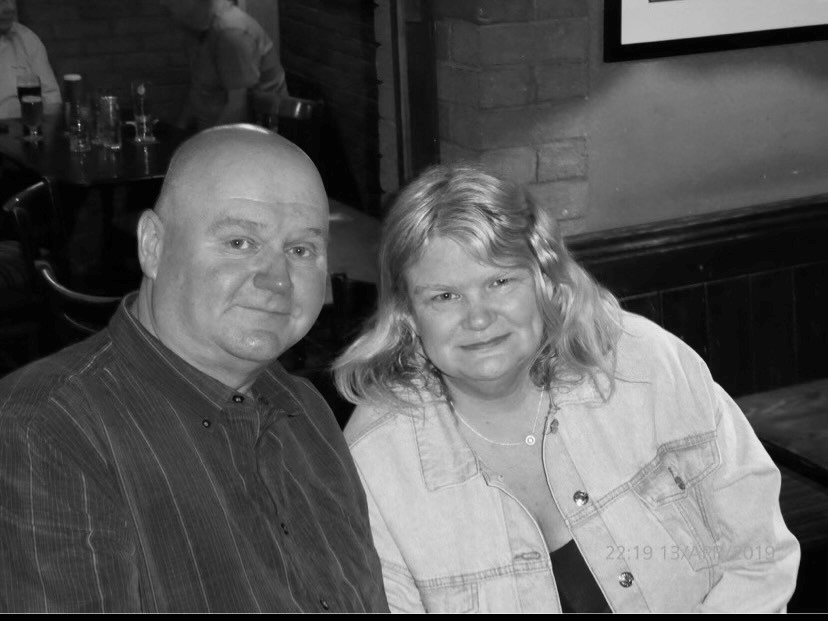
“No one really sat down and told us anything. We got told when the court case happens, you’ll find out details, but then there was no court case.
“She (McNaughton) basically pled guilty so we’re still waiting on loads of answers. We have still so many questions. Now the fatal accident inquiry is coming next so they won’t tell us anything until then.”
McNaughton originally faced a murder accusation
McNaughton admitted in January to culpable homicide following the attack on Mrs Rutherford at the supported accommodation in Craighall Court in Stirling, run by The Richmond Fellowship charity.
She had originally faced a murder accusation, but prosecutors accepted her guilty plea to the reduced charge of the grounds of diminished responsibility.
Two other carers, Moira McMillan and Victoria Hendry, were also stabbed before they persuaded 33-year-old McNaughton to release the knife.
McNaughton had low IQ and been diagnosed with emotionally unstable personality disorder.
She had spoke of having “trances” which made her “unaware of what was happening” and “only becoming aware at the end of it”.
Dr Nicola Swinson – consultant forensic psychiatrist at NHS Forth Valley – told the hearing: “There would be a risk to the public and to herself if at liberty.”
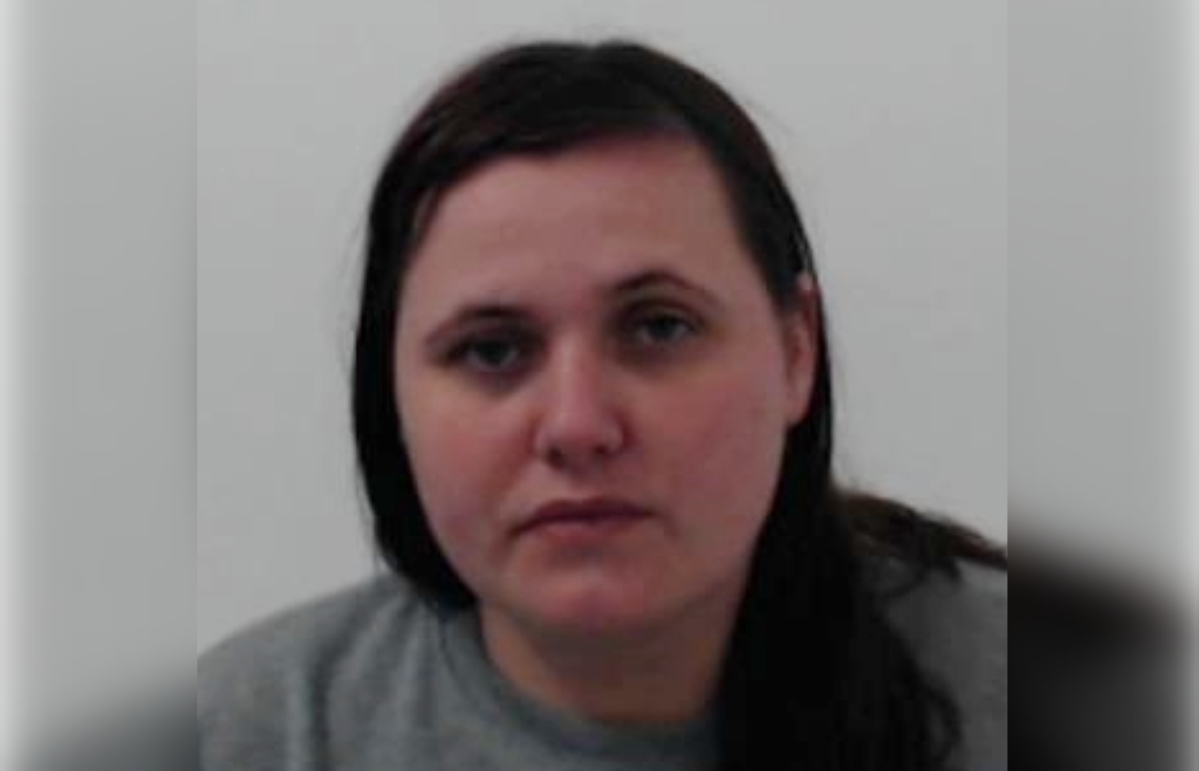 Police Scotland
Police ScotlandMcNaughton, who has no previous history of violence, is to be detained without limit of time.
Before sentencing, Dr Swinson said in court it had been “an incredibly complicated and challenging process” to find a suitable hospital bed, adding that their preference would have been for McNaughton to remain in Scotland.
Dr Swinson also told the court that although the Welsh facility was medium secure, the threshold was “much higher” in England and Wales and she was aware of several convicted killers who have been accommodated in such units.
The judge, Lord Armstrong, said he was aware of the family’s concerns but he was “satisfied all appropriate measures had been put in place, adding: “I hope it is understood that the court can only act on expert advice.”
Mrs Rutherford’s family are being assisted by Victim Support Scotland and have meetings planned with the justice secretary and public health minister.
Amy said: ”The rest of our lives is going to be altered by this. There is obviously nothing we can do to bring my mum back.
“If we can get some good out of this and take away the risk for other people – and there is a correct facility – that will give us a little bit of peace.
“At least then there’s some positive has come out of it. At the moment it feels like such a big thing has happened. Even with the court and with her being sent away, we feel there is no real outcome.
“I feel like we can’t fully process anything as we haven’t had the opportunity to sit and absorb it all and accept what has happened.
“Speaking for myself, it doesn’t feel real. It feels like we’re in a film or something because everything is so strange. I feel like we’ve not been given the opportunity to fully accept and grieve.”
The Scottish Government has written to Mrs Rutherford’s family, saying there have been a number of meetings with stakeholders to consider the challenges around prison to hospital transfers and how a high secure service for females could be provided in Scotland.
The letter states a formal business case will be developed within the next 12 months that will outline resourcing and potential costs.
Women requiring specialist care sent hundreds of miles away
A small number of women detained in Scottish prisons with specialist mental health care needs have been sent hundreds of miles to Rampton high-security hospital in England – because there is no equivalent facility in Scotland.
A review commissioned by the Scottish Government called the practice “indefensible” and called for women to be admitted to the State Hospital in Carstairs, which is currently all-male. The review’s author, Derek Barron, said this should happen within nine months of his report’s publication in February 2021.
Barron said: “Having looked at all the evidence on women’s forensic services, I don’t think that it was something we could be proud of to say that when a woman needs high secure care, we send her outwith Scotland.
“We don’t do that for men. Remember when someone is needing these services, they’re ill. What they might have done might be heinous to us all but they’re ill so it’s about treatment.
“I think women should be treated equally to men. At the time of the review, there was an empty ward in the State Hospital. I didn’t think it is beyond us to repurpose that for women.
“Of course, staff training would be needed. We used to look after women in this way a number of years ago in Scotland.
“Over three years later after the review, its disappointing for very little to have been done. This is a very small subset of women that requires this highly specialist care. I don’t think they should be forgotten about.”
‘My mum was just the best person’
Mrs Rutherford was not McNaughton’s direct carer – she just happened to be in the staff hub when McNaughton walked in and attacked her.
“My mum wasn’t even involved with this woman,” said Amy. “She didn’t support her or anything and it’s supposed to be a low-risk profession where you’re actually helping people and it’s not something you ever expect to happen.
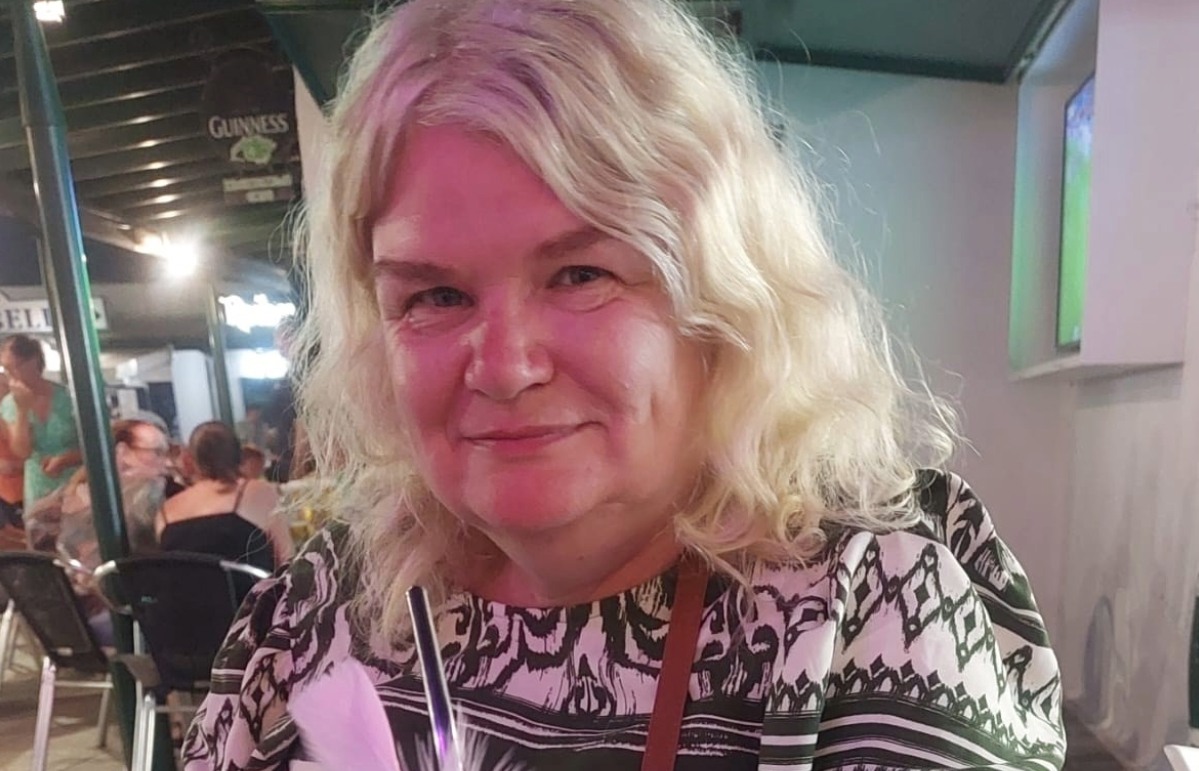
“If this had happened to someone else, my mum would have been the first to try and get change. She’d want to help. I think to get some positive out of this, it would help us.
“Even in this circumstance, she would want this person to be in the right place to get the right care they needed.
“As much as we obviously don’t have too much compassion for this person, we want them to get what they need. The systems in place have not only failed us, but failed them as well. So there needs to be a change.
What is the Scottish Government saying?
Justice secretary Angela Constance said: “My thoughts are with Michele Rutherford’s family and I totally sympathise with everything they have gone through.
“Unfortunately there were a number of complex issues that had to be resolved as this progressed through the court system that we are committed to addressing.
“We are working with the NHS and the justice system to ensure measures are put in place to prevent this from happening again.
“In addition, the NHS and the Scottish Prison Service are working to improve access and care for women within forensic mental health settings including developing a sustainable solution that will meet the particular needs of women.”
And what about the State Hospital at Carstairs?
A spokesperson said: “The State Hospital is working closely with the Scottish Government in relation to the issue of female forensic high security service provision within Scotland.
“Lead NHS Chief Executives have met to consider potential models within NHS Scotland. Advice had been provided on recommendation 8.1.2 of the Mental Health and Wellbeing Strategy on achieving the aim of delivering those services within Scotland during the lifespan of the strategy.”
Meanwhile, a spokesperson for the Mental Welfare Commission, said: “For some time we have been supportive of ensuring that the provision of specialist, needs-led, high secure facilities is available for women in Scotland who require this level of care. We support any moves towards making this a reality.”
Follow STV News on WhatsApp
Scan the QR code on your mobile device for all the latest news from around the country


